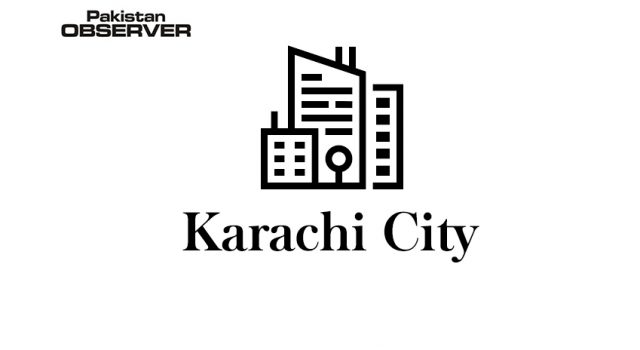Staff Reporter
Eminent urologist and transplant surgeon Prof Adibul Hassan Rizvi on Sunday urged students to get engaged in community service whenever they had time after studies to learn about the miseries of people, saying that it would help motivate them to do something for the poor segments of the society.
He was speaking at a certificate-distribution ceremony of the Sindh Institute of Urology and Transplantation’s (SIUT) students’ volunteer programme batch 54 winter session. Students from various public and private educational institutions were awarded certificates following the weeklong exercise of community service at the SIUT.
These voluntary service weeklong programmes for school and college children, initiated by the SIUT in 2006, are conducted by the institute at its premises during the summer and winter vacations for students to perform civic duties and community services for the society at large.
The programme has received an overwhelming response and is especially structured and formulated to motivate the students to experience life beyond their own and enhance their community service values. To date, more than 6,550 students have successfully completed the training programme.
Prof Anwar Naqvi talked about the philosophy of the SIUT’s services and history. He said that the training spanned for 30 hours during which the participants interactively engaged themselves with the admitted patients as well as with the outpatients, especially children patients.
During the training, the students were rotated through various departments, including OPDs, dialysis, transplantation, lithotripsy, radiology, clinical laboratory, cancer, hepato-gastroenterology and medical and surgical sciences. An interactive and educative session of first aid and cardiopulmonary resuscitation was conducted by a representative of the Pakistan Red Crescent Society.
SIUT Director Prof Rizvi said this program not only provided a window for the future generation to get a firsthand experience of the miseries and sufferings faced by the underprivileged population but also inculcated in them the motivation and inspiration to do something about this and how to tackle issues confronted by society, ranging from poverty and lack of education to poor healthcare.










